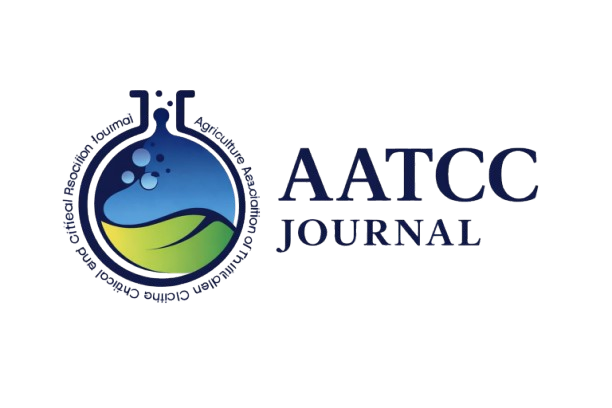Abstract
The identification of genetic relationships between individuals and the conservation of germplasm has benefited greatly from molecular characterization using different kinds of markers including RAPD. The main aim of the study to find out the genetic diversity of coriander genotypes through molecular characterization. Based on the results obtained from genotyping 75 coriander accessions (Coriandrum sativum L.) that were cultivated in Tamil Nadu, India using ten RAPD primers, it was found that investigated primers revealed 38 to 71% polymorphisms by producing 106 amplicons. A dendrogram was created to show the genetic relationships among the 75 genotypes. It was evident from this and D2 analyses that the genotypes UD 685 and CS 101 had greater variation. Thus, this study has identified two genetically diverged Coriandrum sativum genotypes for further breeding programs that focused on the genetic improvement of coriander for high-yielding, resistant with high-quality features
